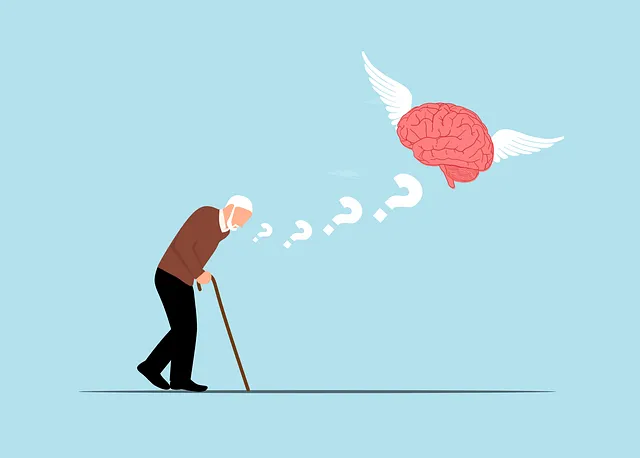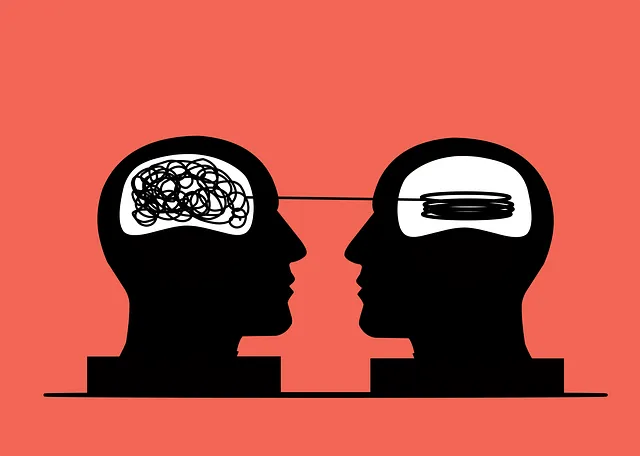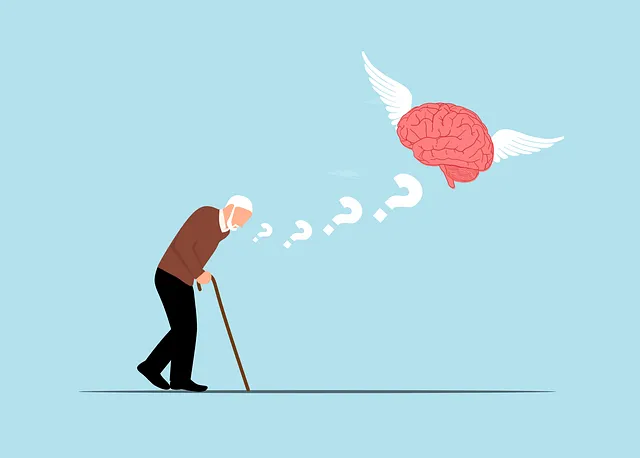Northglenn Kaiser Permanente mental health services prioritize mood regulation for holistic well-being, focusing on self-esteem improvement and emotional intelligence. They offer tailored cognitive techniques like CBT, mindfulness meditation, and lifestyle changes to reduce symptoms of depression and anxiety. Beyond clinical care, they engage in community outreach through workshops, support groups, and awareness campaigns to foster a stigma-free environment and enhance mental health outcomes for diverse populations in Northglenn.
Mood regulation is a vital aspect of emotional well-being, and understanding effective strategies can significantly enhance our quality of life. This article explores various techniques to manage and stabilize moods, drawing insights from Northglenn Kaiser Permanente Mental Health Services’ comprehensive approach. We’ll delve into cognitive techniques, lifestyle changes, and additional resources, providing a holistic guide for achieving and maintaining emotional balance. Discover practical ways to navigate mood regulation and unlock your path to optimal mental health.
- Understanding Mood Regulation: Unraveling Emotional Balance
- Northglenn Kaiser Permanente Mental Health Services: A Comprehensive Approach
- Cognitive Techniques for Effective Mood Management
- Lifestyle Changes: The Impact on Emotional Well-being
- Additional Resources and Support for Sustained Mood Regulation
Understanding Mood Regulation: Unraveling Emotional Balance

Mood regulation is a complex process that involves understanding and managing our emotional states. At Northglenn Kaiser Permanente mental health services, we recognize that emotional balance is crucial for overall well-being. By unraveling the intricacies of mood regulation, individuals can gain valuable insights into their emotional responses and learn effective strategies to navigate life’s challenges.
Self-esteem improvement plays a significant role in achieving emotional regulation. Boosting self-worth allows individuals to confront and process difficult emotions more constructively. Emotional intelligence, another key aspect, equips people with the skills to recognize, understand, and manage their own emotions as well as respond empathically to others. These strategies work hand in hand to foster a healthier relationship with one’s feelings, leading to enhanced emotional resilience and improved quality of life.
Northglenn Kaiser Permanente Mental Health Services: A Comprehensive Approach

Northglenn Kaiser Permanente Mental Health Services offers a comprehensive approach to addressing mood regulation challenges, recognizing the interconnectedness of mental well-being and overall health. Their strategies encompass a holistic view, incorporating various therapeutic techniques tailored to individual needs. By integrating evidence-based practices, the services aim to empower individuals with effective tools for managing their moods and enhancing resilience.
The program prioritizes education, promoting public awareness campaigns that foster understanding of mental health issues. They emphasize self-awareness exercises as a foundational step in mood regulation, encouraging individuals to recognize triggers and develop coping mechanisms. Additionally, Northglenn Kaiser Permanente’s approach includes stress management techniques, acknowledging the profound impact of chronic stress on mental health. Through these multi-faceted initiatives, they strive to create a supportive environment that nurtures emotional well-being and enables lasting positive change.
Cognitive Techniques for Effective Mood Management

Cognitive techniques offer powerful tools for managing and regulating moods effectively. This involves challenging negative thought patterns and replacing them with more positive and realistic ones. Northglenn Kaiser Permanente mental health services emphasize cognitive behavioral therapy (CBT), which is a highly effective approach to addressing mood disorders. CBT helps individuals identify distorted thinking, such as all-or-nothing thinking or catastrophizing, and replace them with balanced perspectives. By learning to recognize and modify these thoughts, people can significantly improve their emotional well-being.
One particularly beneficial cognitive strategy is mindfulness meditation, a practice that has gained popularity in recent years. Incorporating mindfulness techniques into daily routines allows individuals to stay present and focused on the here and now, reducing rumination on past events or worry about the future. This, in turn, can help prevent burnout among healthcare providers, who often face high-stress situations at work. Stress management is another key aspect where cognitive techniques excel, providing valuable tools for coping with demanding environments like those found in Northglenn Kaiser Permanente facilities.
Lifestyle Changes: The Impact on Emotional Well-being

Lifestyle changes can significantly influence emotional well-being and are essential components of mood regulation strategies. At Northglenn Kaiser Permanente mental health services, professionals emphasize the power of holistic approaches to foster a healthier mind-body connection. Simple adjustments like regular exercise, mindfulness practices, and improved sleep hygiene have been shown to reduce symptoms of depression and anxiety, promoting overall resilience. These changes not only benefit individuals but also play a crucial role in preventing burnout among healthcare providers, a growing concern within the industry, as highlighted by Burnout Prevention Strategies for Healthcare Providers.
Incorporating healthy habits can help manage stress levels and enhance coping mechanisms, ultimately improving one’s ability to navigate life’s challenges. Additionally, cultural competency training for healthcare providers, focusing on understanding diverse patient populations, is vital. Such training ensures a more inclusive approach to Depression Prevention, allowing professionals to offer tailored support and improve patient outcomes, thereby strengthening the overall mental health landscape in communities like Northglenn.
Additional Resources and Support for Sustained Mood Regulation

For those seeking sustained mood regulation and additional support, Northglenn Kaiser Permanente mental health services offer a comprehensive range of resources. Their dedicated team provides personalized treatment plans tailored to individual needs, encompassing various evidence-based practices such as cognitive behavioral therapy (CBT), mindfulness-based interventions, and stress reduction methods. Beyond clinical care, the organization actively engages in community outreach program implementations aimed at fostering an environment free from mental illness stigma. These initiatives include educational workshops, support groups, and public awareness campaigns that empower individuals to manage their moods effectively while promoting understanding and acceptance within their communities.
By leveraging these resources, individuals can take proactive steps towards sustainable mood regulation. The integration of professional care with community-based programs ensures a holistic approach to well-being, addressing not just symptoms but also the broader social and cultural contexts that impact mental health. Whether through individual therapy sessions or group support networks, Northglenn Kaiser Permanente is committed to supporting individuals in their journey toward emotional balance and improved quality of life.
Mood regulation is a multifaceted process that involves understanding emotional balance, employing cognitive techniques, adopting lifestyle changes, and seeking support from resources like Northglenn Kaiser Permanente Mental Health Services. By integrating these strategies into daily life, individuals can effectively manage their moods, enhance overall well-being, and cultivate a more resilient emotional landscape.






